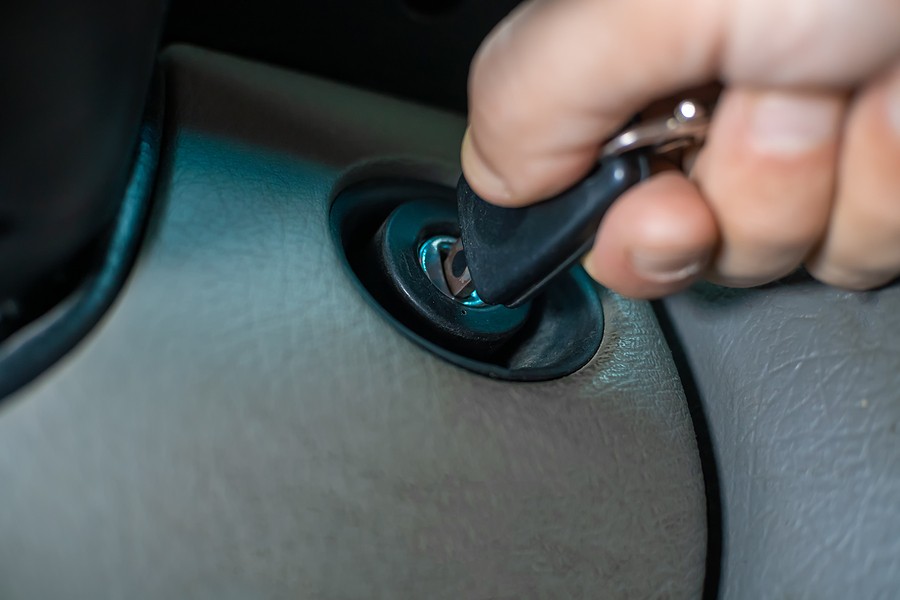When your steering wheel isn't locked and the key won't turn, the usual suspect is a faulty ignition lock cylinder. Before you decide on a replacement, which costs around $300–$450, it's wise to explore other simpler solutions. These can range from using a different key, turning or tapping the steering wheel and key, to checking under the steering column for a release button. Don't overlook the car's battery and key fob; these can also impact the functioning of your key.
The Ignition Lock Cylinder: Core of the Issue
Understanding the ignition lock cylinder is essential, as it's often the source of the problem.
Anatomy of an Ignition Lock Cylinder
The ignition lock cylinder is a critical component for starting your vehicle. It's where your key goes in and turns to ignite the engine. This part combines mechanical and electrical systems, making it complex but vital.
Signs of a Faulty Cylinder
If turning the key becomes a challenge or if it fails to engage the ignition, these are clear indications of a cylinder issue. Ignoring these signs can lead to a situation where the car becomes immovable.
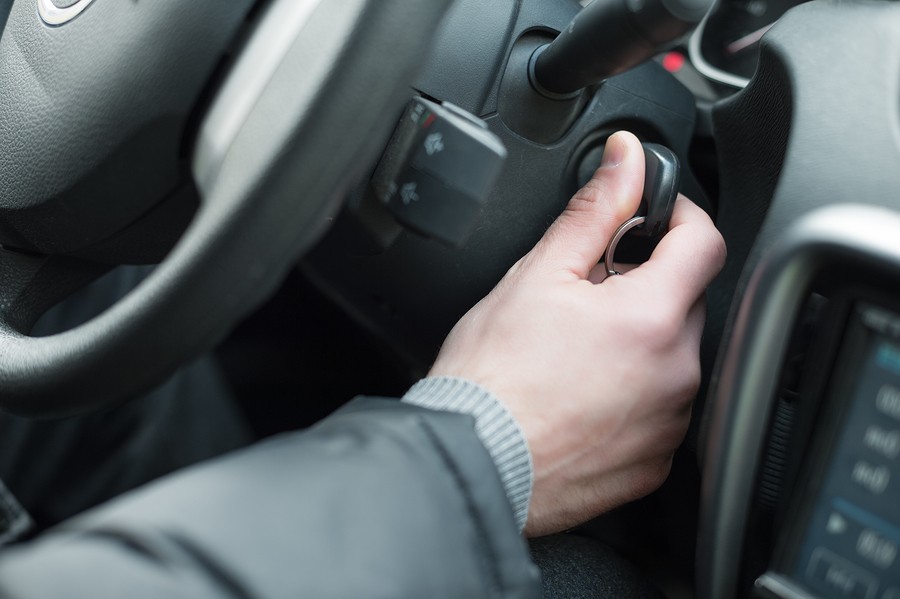
Alternative Solutions for a Stuck Key
Before considering a costly replacement, explore some DIY tactics.
Turning the Steering Wheel
Applying gentle pressure to the steering wheel while turning the key can sometimes align the lock cylinder correctly, resolving the issue. This method is often effective when the steering lock mechanism is slightly misaligned.
Tapping the Key Gently
Lightly tapping the key with a tool like a screwdriver handle while turning it can help. This method can adjust any internal components of the lock cylinder that might be stuck.
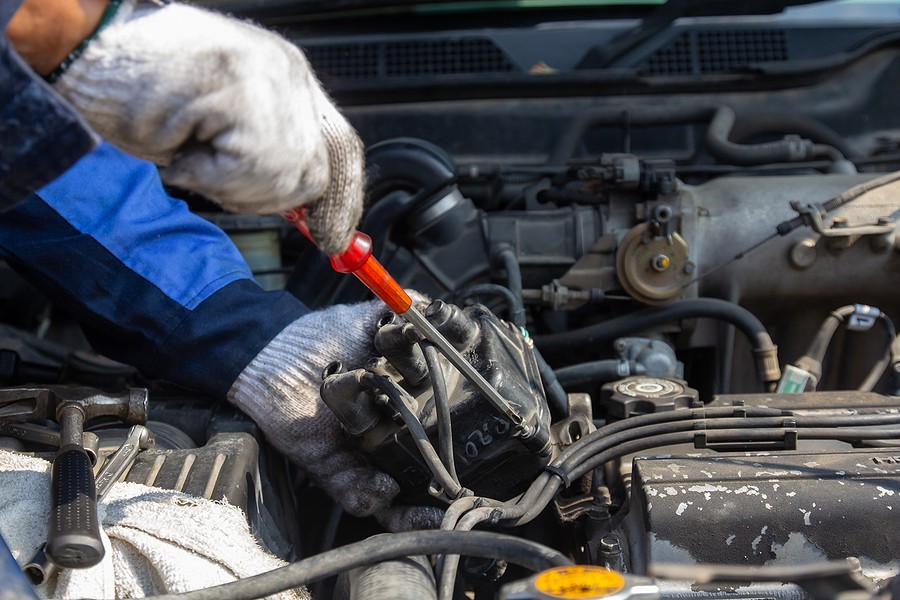
Checking for External Factors
Sometimes the issue isn't with the ignition cylinder itself, but with related components.
Inspecting the Car's Battery
A dead or weak battery can affect the car's electrical system, including the ignition. If the key doesn't respond at all, check the battery’s charge and connections.
Evaluating the Key Fob
In cars with a keyless entry system, a non-functional key fob can be a reason for the ignition issues. Replacing the fob's batteries or diagnosing its functionality might be necessary.
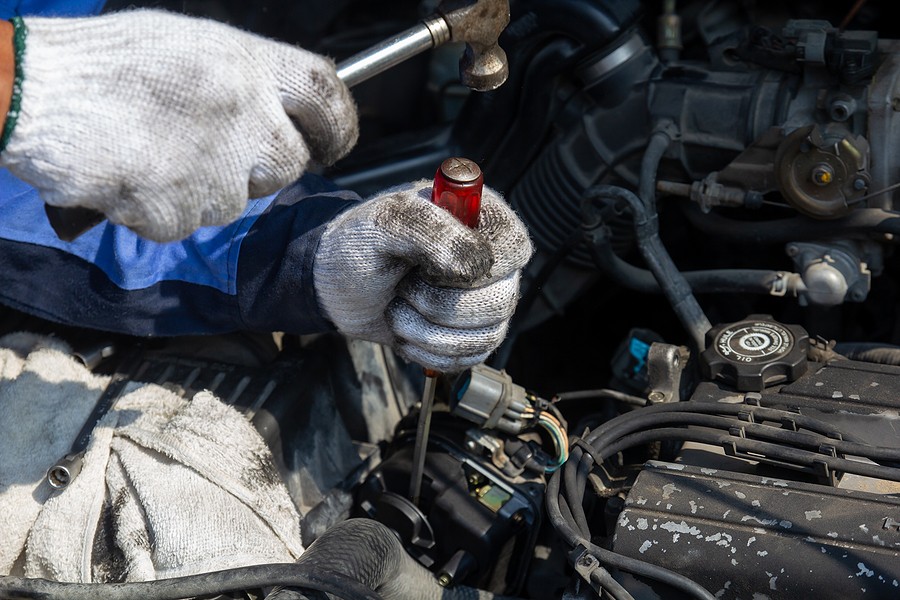
When to Seek Professional Help
Knowing when to consult a professional is key to preventing further damage.
Consulting with a Mechanic
If DIY methods fail, it's advisable to consult a mechanic. They can provide a proper diagnosis and suggest the best course of action, whether it's a repair or replacement.
Importance of Professional Diagnosis
A skilled mechanic can offer an accurate diagnosis, ensuring that you're addressing the right problem. They can also prevent unnecessary expenses on incorrect solutions.

Cost Considerations for Repair and Replacement
Understanding the potential costs involved is crucial for making an informed decision.
Average Costs for Ignition Cylinder Replacement
The cost for replacing an ignition lock cylinder varies, but on average, it hovers around $300 to $450. This includes both the parts and labor.
Weighing Repair vs. Replacement Costs
Sometimes, repairing the existing cylinder can be more cost-effective than replacing it. However, if the cylinder is beyond repair, replacement is the only viable option.
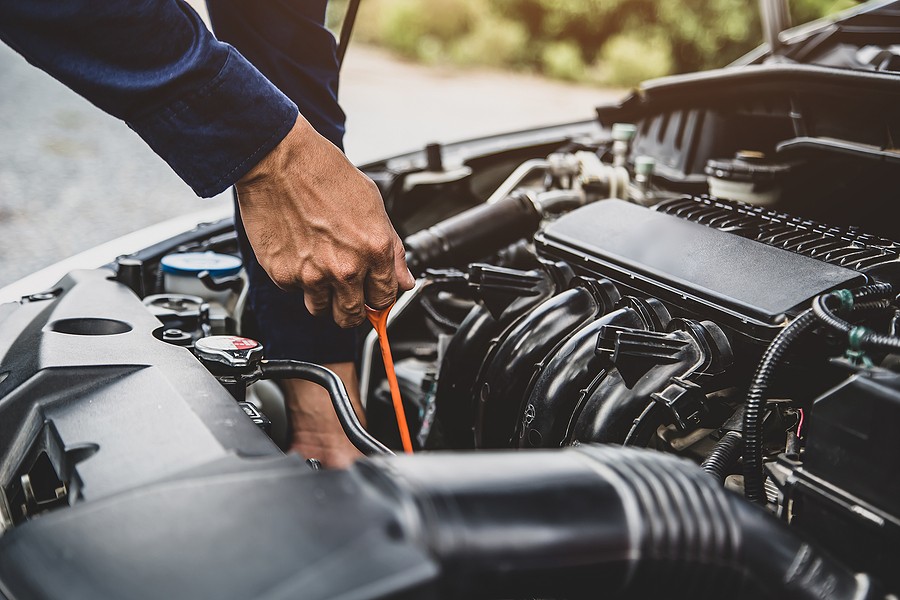
Preventive Measures and Maintenance Tips
Preventive care can save you from future hassles.
Regular Maintenance Checks
Regularly checking the ignition system, including the lock cylinder, can prevent sudden failures. Regular lubrication and cleaning can extend the life of these components.
Being Mindful of Key Usage
Avoid putting extra weight on the keyring and be gentle while inserting and turning the key. These practices can prevent undue stress on the ignition cylinder.

Legal and Safety Considerations
Always prioritize legal and safety aspects in automotive repairs.
Adhering to Vehicle Safety Standards
Ensure that any repairs or replacements done on your vehicle meet the legal safety standards. This is crucial not just for your safety but also for compliance with road laws.
Importance of Using Certified Parts
Using uncertified or low-quality parts can compromise your vehicle's safety and may even be illegal in some regions. Always opt for certified, high-quality replacement parts.
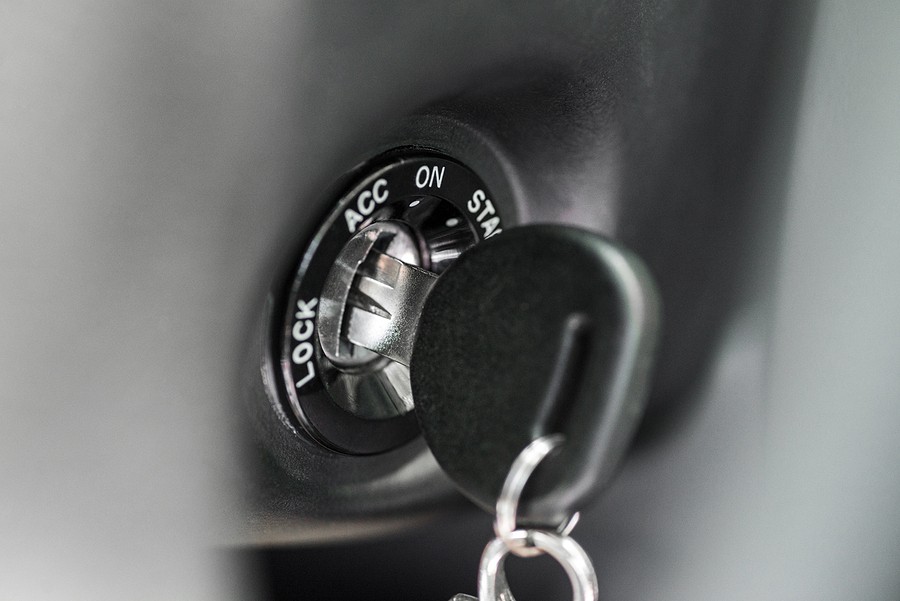
Conclusion: Navigating the Challenge
Dealing with a steering wheel that's not locked but with a key that won't turn can be frustrating. However, understanding the potential causes and solutions can empower you to address the issue effectively. Whether it's a simple DIY fix or a professional repair, knowing your options ensures that you're never left stranded.
My Personal Insight as a Car Expert
In my years of experience in researching and writing about cars, I've found that ignition issues, while common, are often more straightforward to resolve than most people think. The key (pun intended!) is to not panic and methodically explore the simplest solutions first before escalating to more complex ones.
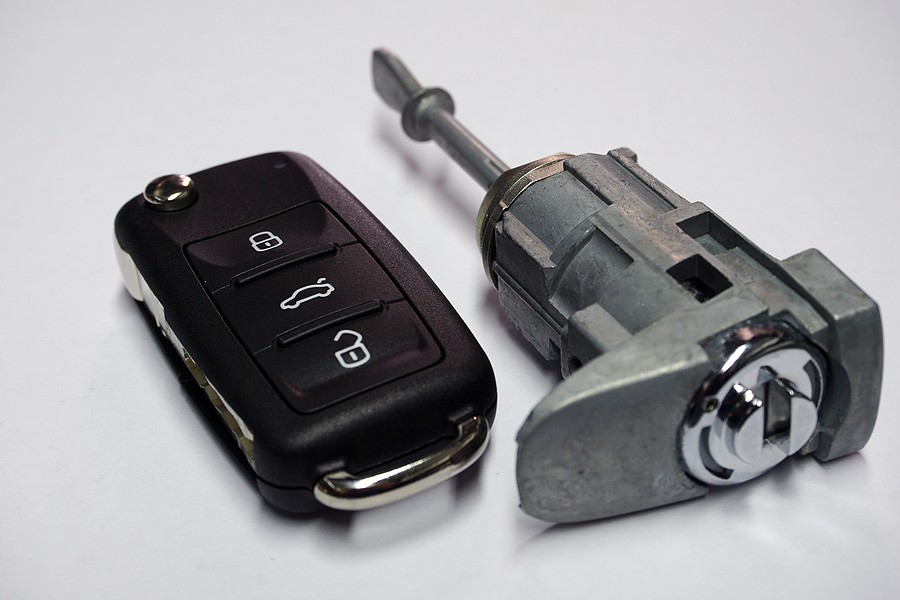
Considering Your Options
If you're at a point where repairing your car seems too costly, selling might be a viable option. Companies like Cash Cars Buyer offer a hassle-free way to sell your car, even if it's not in perfect condition. You can reach them at 773-791-4363 for more information or a quote. This can be an excellent solution for those looking to transition to a newer model or simply wanting to avoid the costs and complexities of extensive repairs.
Remember, the choice between fixing and selling your car depends on various factors, including the car's condition, your budget, and your personal needs. Always weigh your options carefully to make the best decision for your situation.

